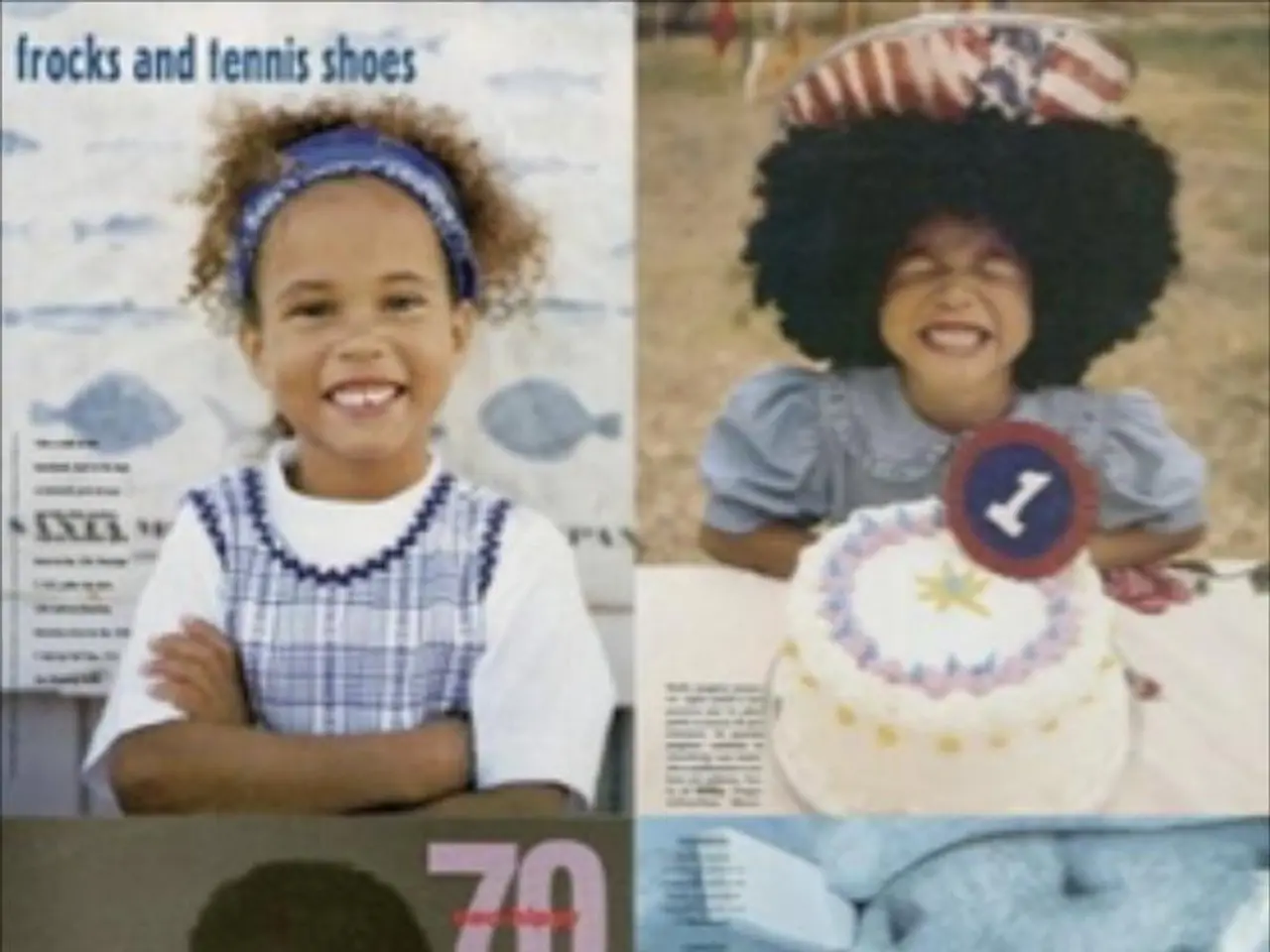The Significant Impact of Childhood Experiences on Romantic Relationships: The Hidden Emotional Patterns Within You
In the complex world of romantic relationships, our early experiences often play a significant role in shaping our emotional behavior and the way we navigate intimacy. This is according to Attachment Theory, a psychological concept developed by John Bowlby and Mary Ainsworth.
There are four main attachment styles: Secure, Anxious, Avoidant, and Disorganized (Fearful). Securely attached adults tend to trust their partners, set and respect boundaries, communicate openly, handle conflict with maturity, and thrive in both closeness and independence. On the other hand, individuals with insecure attachment styles may struggle with trust, emotional regulation, and fulfilling relationships.
Avoidantly attached adults value independence over intimacy, feel uncomfortable with emotional closeness, dismiss or downplay their own feelings, keep partners at a distance, and often struggle to express love or trust others. Disorganized attached adults may alternate between clinging and pushing away, sabotage relationships out of fear of intimacy, confuse love with danger, pain, or control, and seek chaos because calm feels unfamiliar. This style often requires deeper healing, therapy, and trauma work to untangle.
Anxiously attached adults may crave closeness but doubt their partner's love, constantly seek reassurance, worry about being abandoned, feel jealous or emotionally volatile, and may fall for emotionally unavailable partners.
Childhood experiences significantly influence these attachment styles. Secure attachment develops from consistent and responsive caregiving, leading to healthier emotional regulation and trusting romantic relationships. Conversely, neglect, trauma, or inconsistent caregiving can contribute to insecure attachment styles.
If emotional needs were dismissed or belittled as a child, an individual may carry an inner belief that they are not worthy of love. This can result in accepting poor treatment, struggling with low self-esteem, and overcompensating in relationships to feel "enough."
If your parents fought constantly or avoided conflict altogether, you likely internalized their patterns, which may lead to yelling, withdrawing, or people-pleasing during fights, avoiding addressing issues until they explode, and interpreting disagreement as danger, not discussion.
Emotional maltreatment in childhood—such as neglect or abuse—can disrupt the development of secure attachments, often causing attachment insecurities that manifest as anxiety about abandonment or avoidance of intimacy in romantic partnerships. Research involving adults has shown that those with adverse childhood experiences (ACEs) frequently display higher attachment anxiety and avoidance, impacting their ability to sustain satisfying romantic relationships.
Despite the impact of childhood experiences, it's essential to remember that your attachment style is not your destiny. Understanding your attachment style can help you recognize why you behave the way you do, break the cycle of reacting on autopilot, and choose partners and behaviors that support healing.
In a relationship, you don't need to be perfect, but you do need self-awareness, emotional regulation, and a partner who supports your growth. Healing is always possible, and your brain is neuroplastic, your heart is resilient. The development of attachment styles in adults is largely influenced by how they were cared for as infants, but it's never too late to change the blueprint.
References:
[1] Cassidy, J., & Shaver, P. R. (1999). Handbook of attachment: Theory, research, and clinical applications. Guilford Press.
[2] Mikulincer, M., & Shaver, P. R. (2007). Attachment in adulthood: Structure, dynamics, and change. Guilford Press.
[3] Roisman, G. I., Schuengel, C., Crowell, J. A., Toth, S. L., & Larrieu, M. (2009). Childhood maltreatment and attachment: A meta-analysis of association and moderator studies. Development and Psychopathology, 21(4pt2), 1175-1206.
[4] van IJzendoorn, M. H., & Bakermans-Kranenburg, M. J. (2012). Developmental psychopathology: A life-span approach. Guilford Press.
[5] Lyons-Ruth, K., & Jacobvitz, D. (2008). Emotional maltreatment and attachment: A review and synthesis of the literature. Clinical Child and Family Psychology Review, 11(2), 127-146.
Parenting that provides consistent and responsive caregiving contributes to the development of secure attachment in children, promoting healthier emotional regulation and trusting romantic relationships in adulthood. A lack of such care, through neglect, trauma, or inconsistency, can lead to insecure attachment styles, causing challenges in relationships related to trust, emotional regulation, and intimacy. Work in education-and-self-development and personal-growth, focusing on understanding one's attachment style, can help break the cycle, fostering self-awareness, emotional regulation, and chosen partners that support personal growth.




